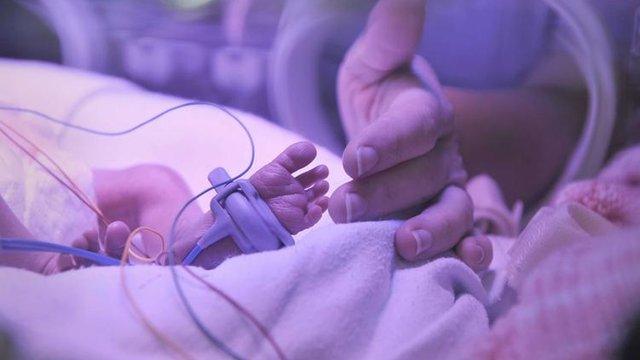Kent kayaker survives after heart stops for four hours
- Published
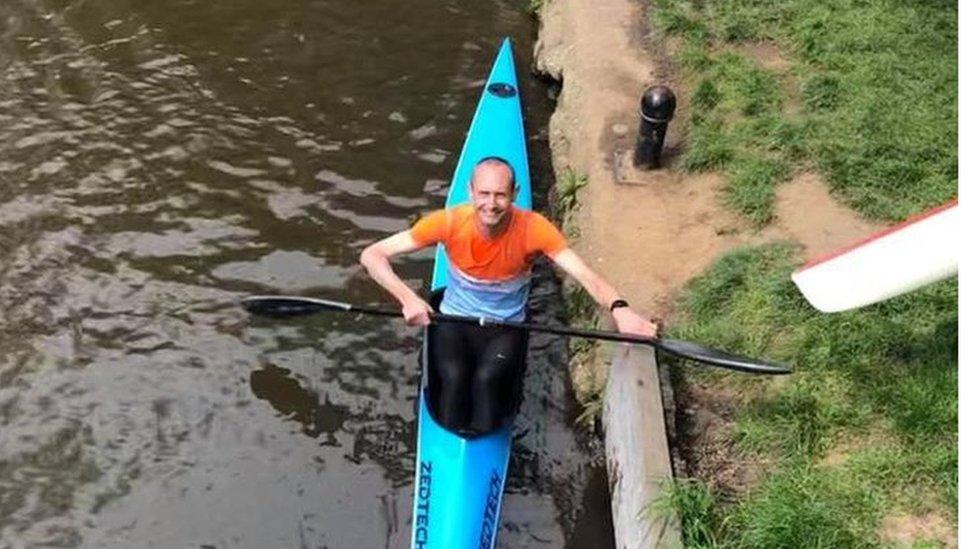
Paul Curtis survived thanks to CPR performed by a friend and the quick response of paramedics
A man whose heart stopped beating for more than four hours after he collapsed while kayaking survived the ordeal thanks to what doctors called a "chain of survival."
Paul Curtis, 50, capsized twice in the River Medway in Kent when hypothermia stopped his heart.
A fellow canoeist administered CPR, with paramedics taking over before he was flown to hospital in London.
Doctors said the prompt response by everyone involved saved his life.
After capsizing the first time Mr Curtis said he: "Got back in the boat and started paddling back to the canoe club, and about 500m away I fell in again. I don't remember anything else until I woke up in hospital four days later."
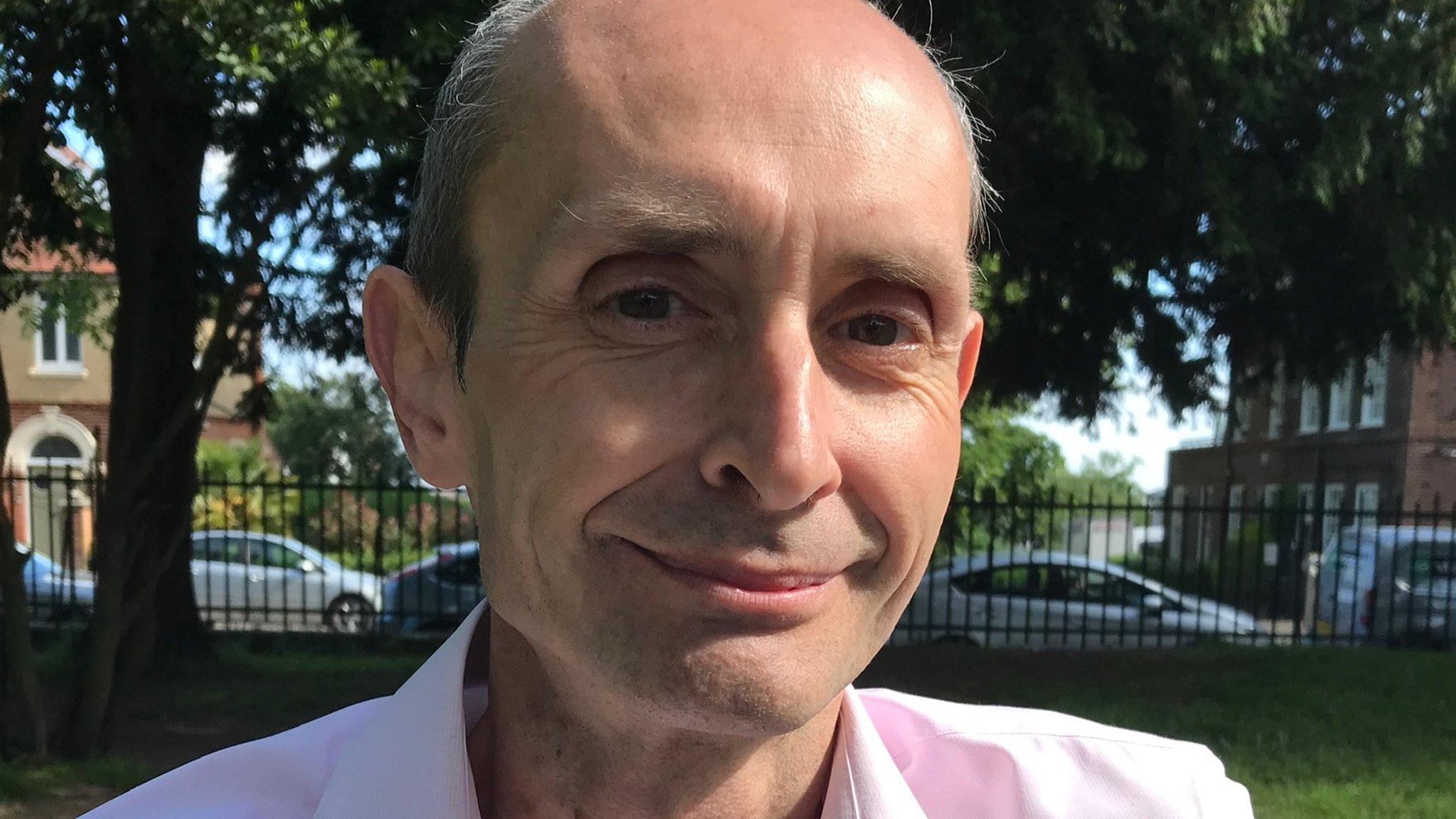
Mr Curtis's life was saved by a "chain" of people who were able to perform CPR
Fortunately the friend he was kayaking with, Bryn Price, had first aid training, which he quickly put into practice.
"At that stage he'd stopped breathing," Mr Price said.
"Shortly after that his circulation stopped so I had to get him onto the floor and started doing CPR."
Paramedics arrived 10 minutes later and used a defibrillator, before an air ambulance flew Mr Curtis to Kings College Hospital, where a machine was used to temporarily take over the work of his heart.
Mr Curtis said he was told by doctors treating him that it had been between four and five hours from the time he collapsed to the moment they were able to tell his girlfriend that his heart had restarted.
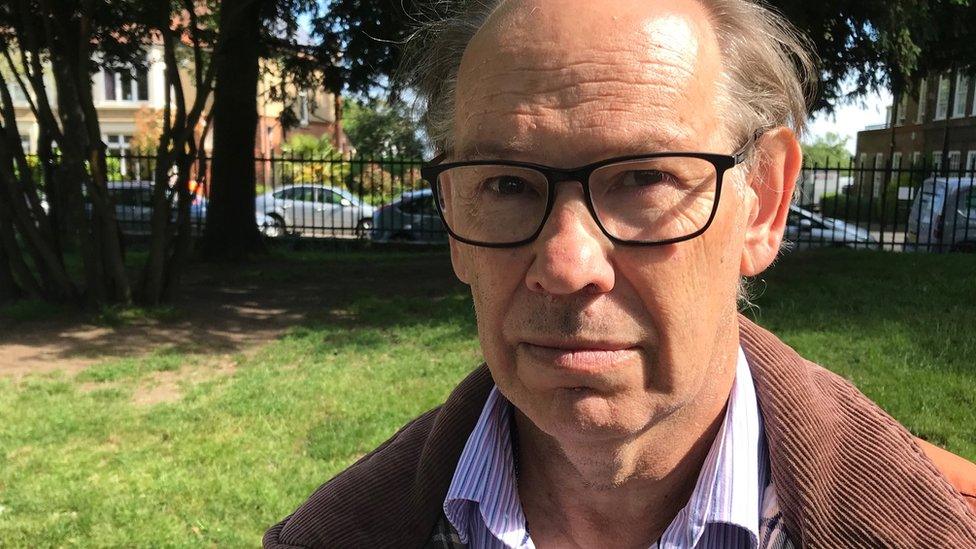
Mr Curtis' friend Bryn Price was the first to perform CPR on him
Emergency medical consultant Dr Malcolm Tunnicliff said: "The person that makes the first phone call to the ambulance service is vital, the person that might start CPR straight away is absolutely vital and that subsequent handover to the paramedics, air ambulance and the hospital staff, you can see how it all becomes of importance."
"Everybody I came into contact with was absolutely extraordinary," Mr Curtis said, adding: "I received world class care, and I think because of everybody in that chain of events, that's why I'm here now."

Follow BBC South East on Facebook, external, on Twitter, external, and on Instagram, external. Send your story ideas to southeasttoday@bbc.co.uk
Related topics
- Published16 November 2020

- Published31 July 2020
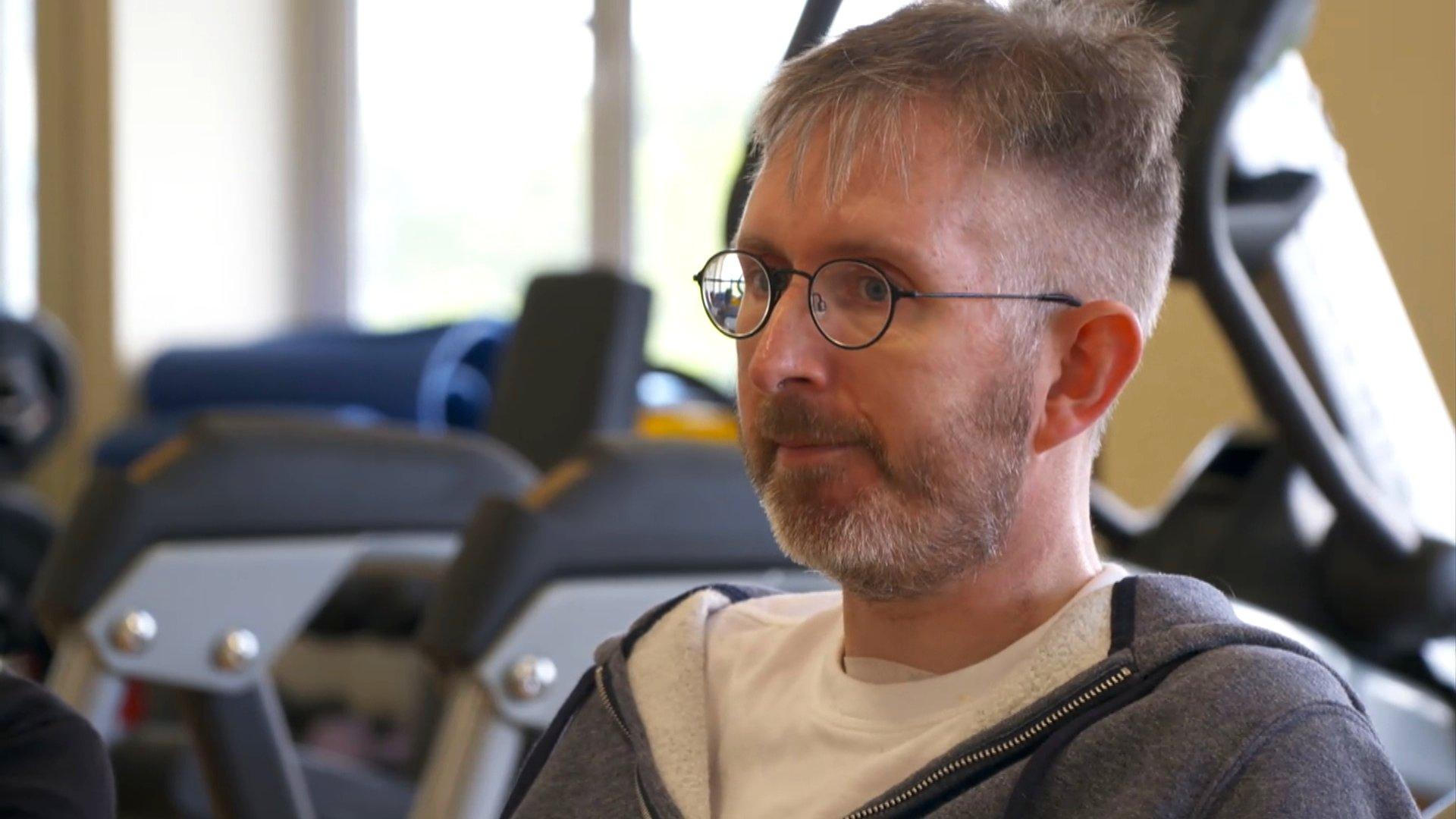
- Published23 June 2020
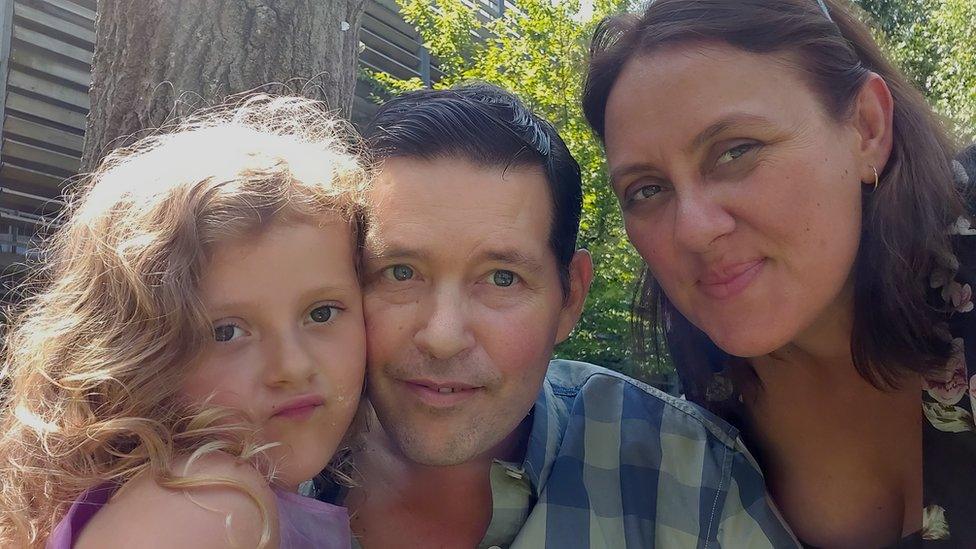
- Published22 May 2020
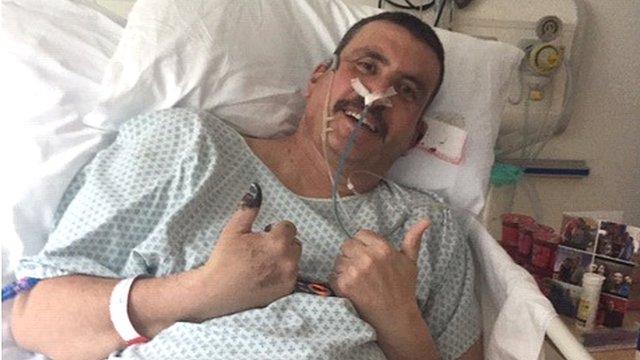
- Published8 September 2018
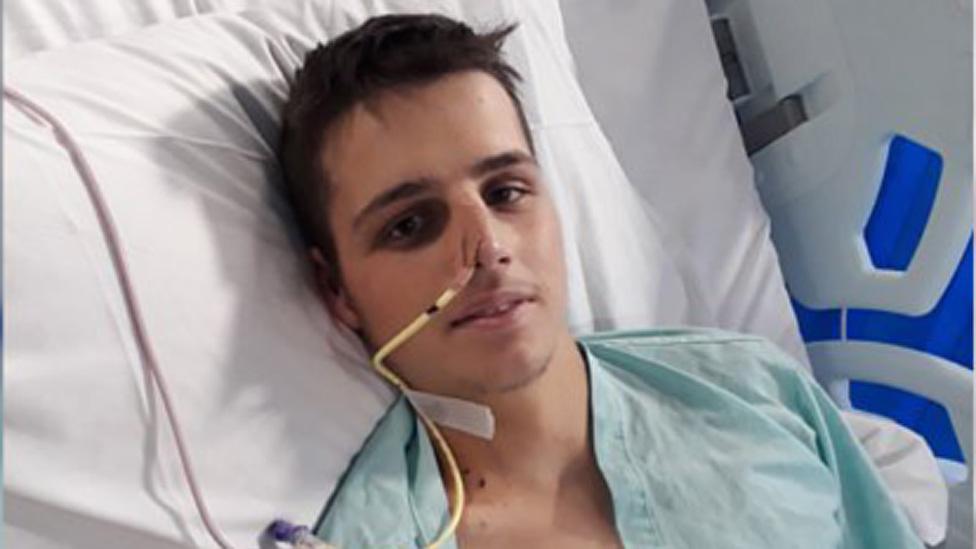
- Published17 October 2013
